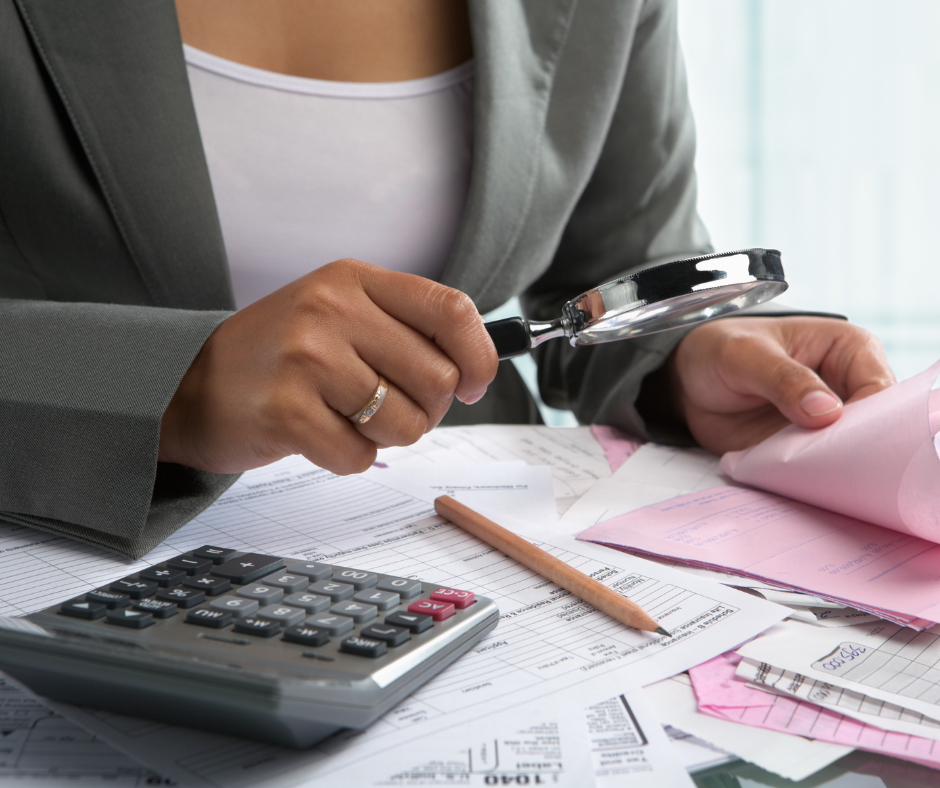
If you’re considering filing for bankruptcy, you may have come across several different types of bankruptcy. Understanding which type you qualify for can be just as important as making the decision to file. The most common individual bankruptcy case is called a Chapter 7 bankruptcy. What is Chapter 7 bankruptcy? Below, we’ve provided important answers to common questions about filing a Chapter 7 case.
What is Chapter 7 bankruptcy?
A Chapter 7 Bankruptcy is a good option if you need a fresh start. You can eliminate your unsecured debt without the need to repay creditors. Specifically, a Chapter 7 case helps you discharge debt like credit cards, medical bills, unsecured loans, rent on prior apartments, amounts due on vehicles that have been repossessed or returned, and personal loans. It’s important to note that there are some debts that cannot be discharged through bankruptcy. Debts that are not eligible for bankruptcy discharge include child support, alimony, student loans, and certain tax debt.
What is Chapter 7 bankruptcy — Is it right for you?
Determining whether you should file a Chapter 7 case requires you to first consider your objective in filing for bankruptcy. If you find that you’re overwhelmed by credit card debt, medical bills, or personal loans, you should consider filing a Chapter 7 case. Chapter 7 will allow you to eliminate this unsecured debt, usually within four to six months.
What is Chapter 7 bankruptcy — Do you qualify?
To qualify for a Chapter 7 bankruptcy, you must pass a means test, which will examine your average household income over the past six months. If your average monthly gross income in this timeframe falls below the median gross income for a household of your size, you qualify for a Chapter 7 case. This table will help you estimate whether your household income is below the median income for a household of your size. A common misconception is that the means test only examines your income if you are filing as an individual even though there may be others in the household that have income. You must include your total household gross income in the means test to determine whether you qualify for a Chapter 7 case.
If your gross household income is above the median income, that does not necessarily mean that you do not qualify for a Chapter 7 case. The means test allows you to take qualifying deductions, such as taxes, child support payments, charitable contributions, and payments on certain debts, to reduce your monthly disposable income. If your monthly disposable income according the means test is minimal, then you will still qualify for a Chapter 7 case even though your gross household income is above the median income for a household of your size.
It’s important to note that as the Coronavirus pandemic continues to impact employment, you may be eligible for Chapter 7 relief if your job has recently been eliminated or your income reduced. If you do not have any immediate prospects of recovering your income in the near future, you can argue a change in circumstance and file for Chapter 7 protection even if you don’t pass the means test due to previous recent income. Moreover, any COVID-19 unemployment supplements or stimulus checks are NOT factored into your income. If your financial circumstances have changed and you would pass the means test by waiting out the six months, it’s not necessary to wait to file for Chapter 7 protection.
What is Chapter 7 bankruptcy – Will I lose my property?
Even though you may qualify for a Chapter 7 bankruptcy case, you will want to determine if you have any equity in property that exceeds what you can protect; otherwise, you risk losing the property. Bankruptcy exemptions can be used to protect a certain amount of equity you have in real and personal property but the amount for each exemption is limited. For example, Georgia provides an exemption of $21,5000 to protect equity you have in a primary residence. That exemption can be doubled if you are married and living in the same household. Georgia also provides an exemption of $5,000 to protect equity you have in a vehicle that is titled in your name. Knowing which exemptions are available to you and how to apply them can make the difference in whether you can keep your property or whether you will lose it. Also, knowing which exemptions to use (Georgia, Federal, or another state in which you lived within the past two years) is important because the exemption amounts can vary greatly.
In most Chapter 7 cases, you can keep your property if you do not have a lot of equity in the property. Most often, equity in property become an issue when you have held property for a long time or have inherited property from family.
What is Chapter 7 bankruptcy — What protection does it offer?
After you file a Chapter 7 bankruptcy case, an automatic stay goes into effect, which prevents creditors from taking any collection action against you. The automatic stay typically extends for the duration of your case, unless you are surrendering property or you’ve had prior cases dismissed within the past 12 months. A Chapter 7 case also protects you against the following:
- Wage garnishments
- Pending civil litigation to collect debt
- Evictions
- Repossessions
- Foreclosures
Although a Chapter 7 case will protect you against repossessions, foreclosures, and evictions, if your intent is to remain in your home or keep your vehicle, you will want to look into filing a Chapter 13 case. If you are simply wanting time to relocate and are surrendering the property, then a Chapter 7 case will prevent the creditor/landlord from pursuing you for any deficiency that is owed on the property or lease.
Contact Burrow & Associates Today
Filing for bankruptcy is always a serious decision, and you should consult with an experienced attorney to determine the best option for you. If you are currently facing significant debt and want to explore your options to see if you qualify for a Chapter 7 bankruptcy case, please contact Burrow & Associates at (678) 323-2394 or via our website to set up a free consultation.









